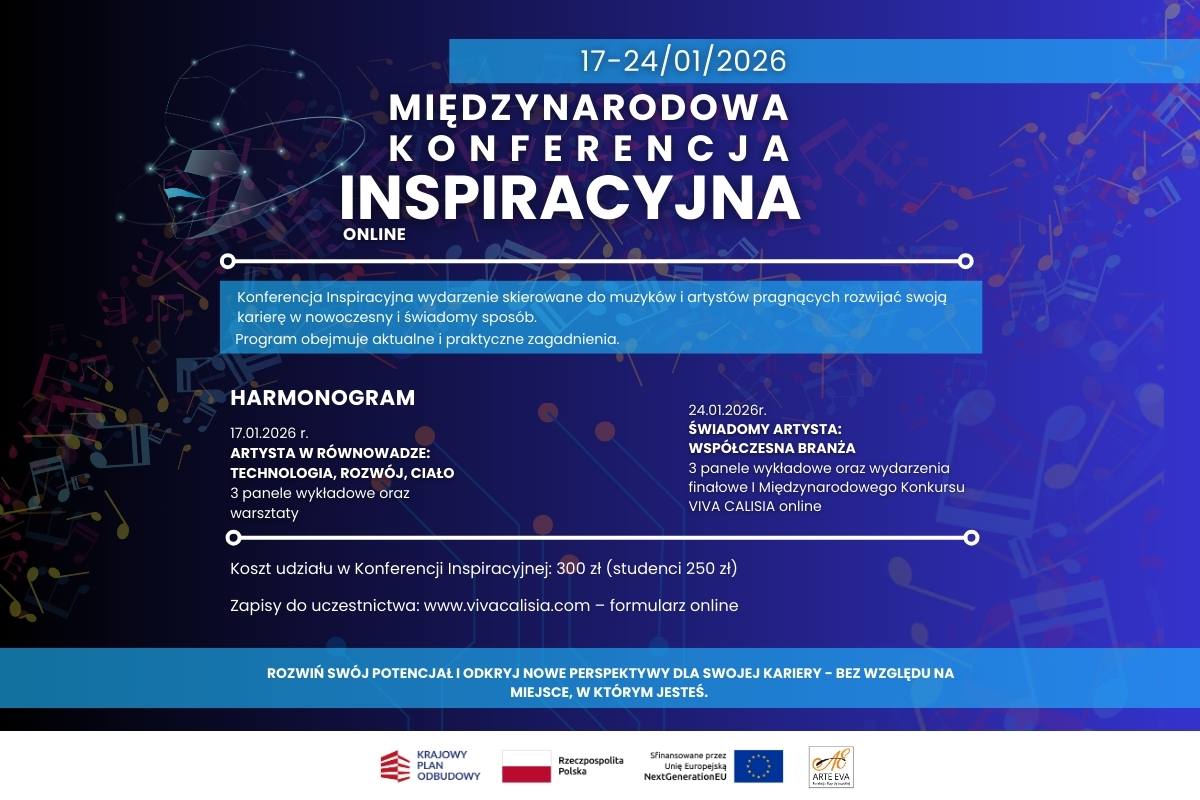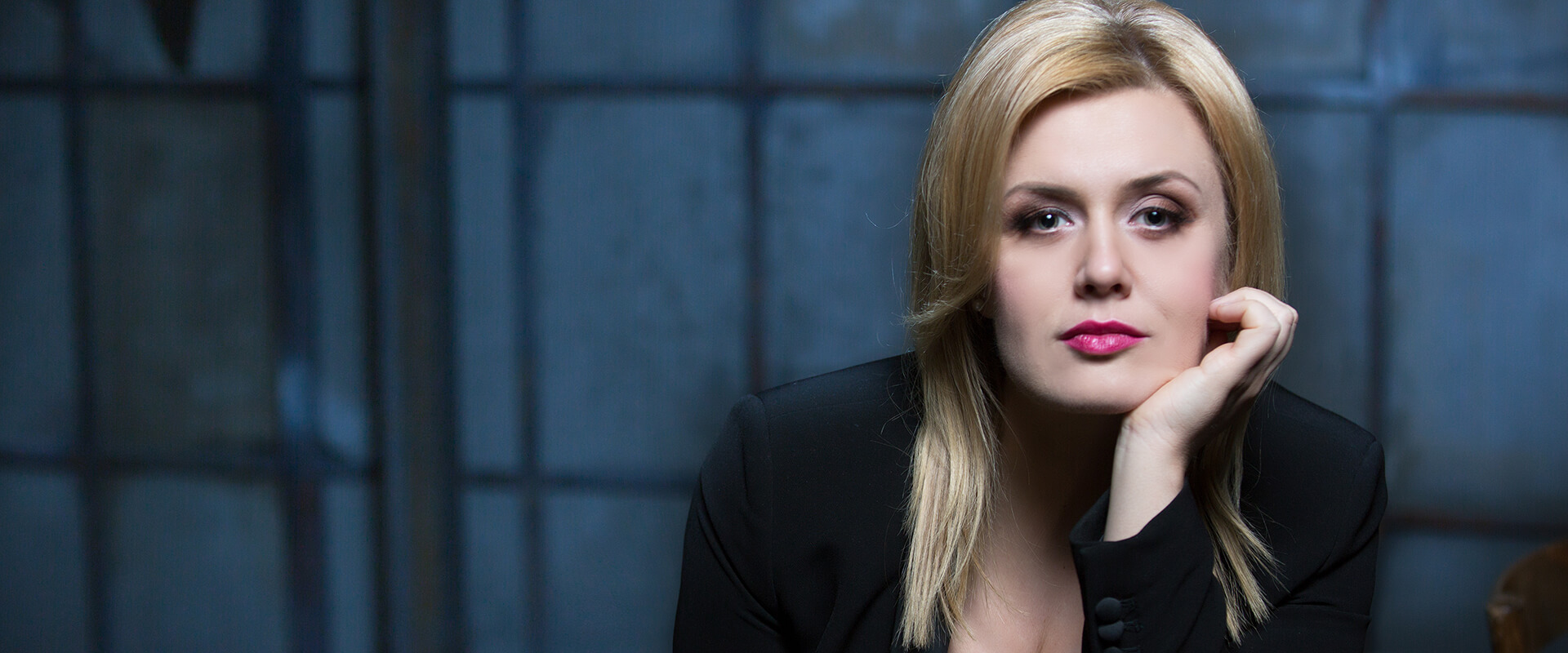 Iwona Sobotka hailed as the revelation of the evening and a real ace by Italian media
Iwona Sobotka hailed as the revelation of the evening and a real ace by Italian media
Iwona Sobotka is a singer known around the world, particularly among prestigious concert halls’ goers. She has collaborated with leading symphony orchestras, including: the Berlin Philharmonic, the London Symphony Orchestra and the Staatskapelle Berlin conducted by Sir Simon Rattle. She has performed in Poland for the last two seasons, including opera houses in Poznań, Warsaw, Gdańsk, Łódź and Bytom. On January 24, the soprano from Mława debuted on the Italian stage at the Teatro Coccia in Nowara. She played the role of Desdemona in Giuseppe Verdi’s masterpiece “Otello.” Only a week has passed since the premiere, but it is already clear the performance, after which she received rave reviews from the Italian press, will become a turning point in her career. Agata Ubysz talks to the artist.
What does your debut on the Italian stage mean to you?
Great emotions! And the honor of performing in the country that is the cradle of opera. It was in Italy that this extraordinary art was born, and its tradition has been alive for centuries.
They say it is difficult to “buy” the local audience if you are not a native Italian. They will either love you or hate you…
True! This is the most demanding audience, sensitive to every detail. Additionally, Italian opera goers are well-educated, familiar with the performance traditions of great opera divas, and stories from the world of opera are passed down from generation to generation. Italians highly praise their own singers, especially those recognized internationally. They are skeptical about visiting singers.
And yet it was you that the press hailed as “the revelation of the evening” and the “real ace” of the production. How does Iwona Sobotka feel when she reads such reviews?
I have always cared about my singing technique, and bel canto is the foundation of my artistic expression. I am glad that this aspect of my performance was highlighted by the reviewers.
The bel canto technique is the most important style of Italian opera singing. Could you explain to our readers what it is?
It is characterized by extraordinary fluency of phrase, perfect breath control, vocal flexibility and beautiful, balanced sound in all registers. Nowadays, fewer and fewer educators have the skills and knowledge to transmit this technique in its authentic form. Modern operas often require a different approach to singing, and the heavy emphasis on the volume of the voice makes the subtlety of the bel canto disappear. It is an art that requires years of patient training and working on details. Therefore, its future depends on singers who consciously cultivate this tradition.
In February, you face another challenge – your debut in the title role in Verdi’s “Aida.” This time in Poland, at the Grand Theater in Poznań. What is this role like?
It is extremely difficult in terms of the vocal technique and expression. However, its beauty and drama make it absolutely unique. Singing Aida was my great dream, which will soon come true!
And after “Aida”? What are your plans for the future?
Ahead of me is a wonderful time of reaping the rewards of the hard work I have dedicated myself to. After my debut in Novara, I have received a number of offers to sing my dream roles. In addition, Riccardo Muti (one of the greatest conductors in the world – editor’s note) has invited me to his projects. Later this year I will perform as Amelia in Verdi’s “Simon Boccanegra” in Tokyo and as Donna Elvira in Mozart’s “Don Giovanni” at the Prada Foundation in Milan. It’s amazing. Let it happen!
Thank you for the interview.




